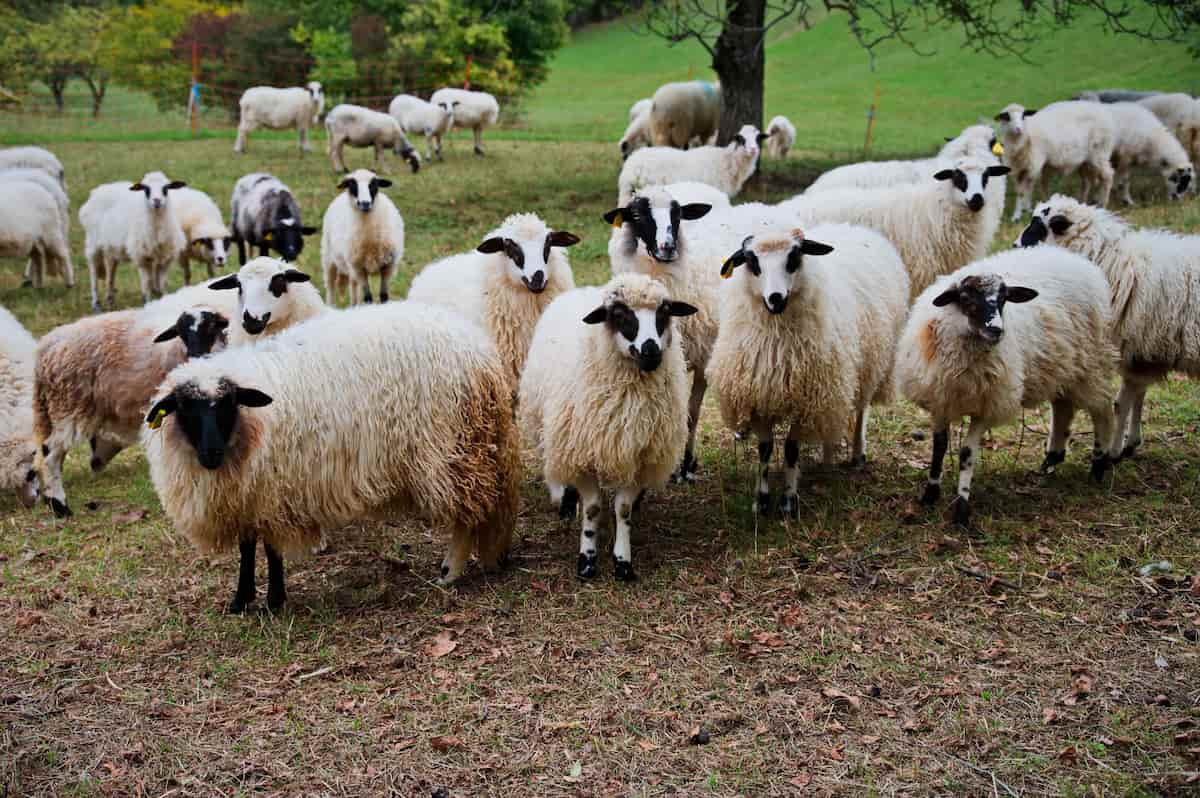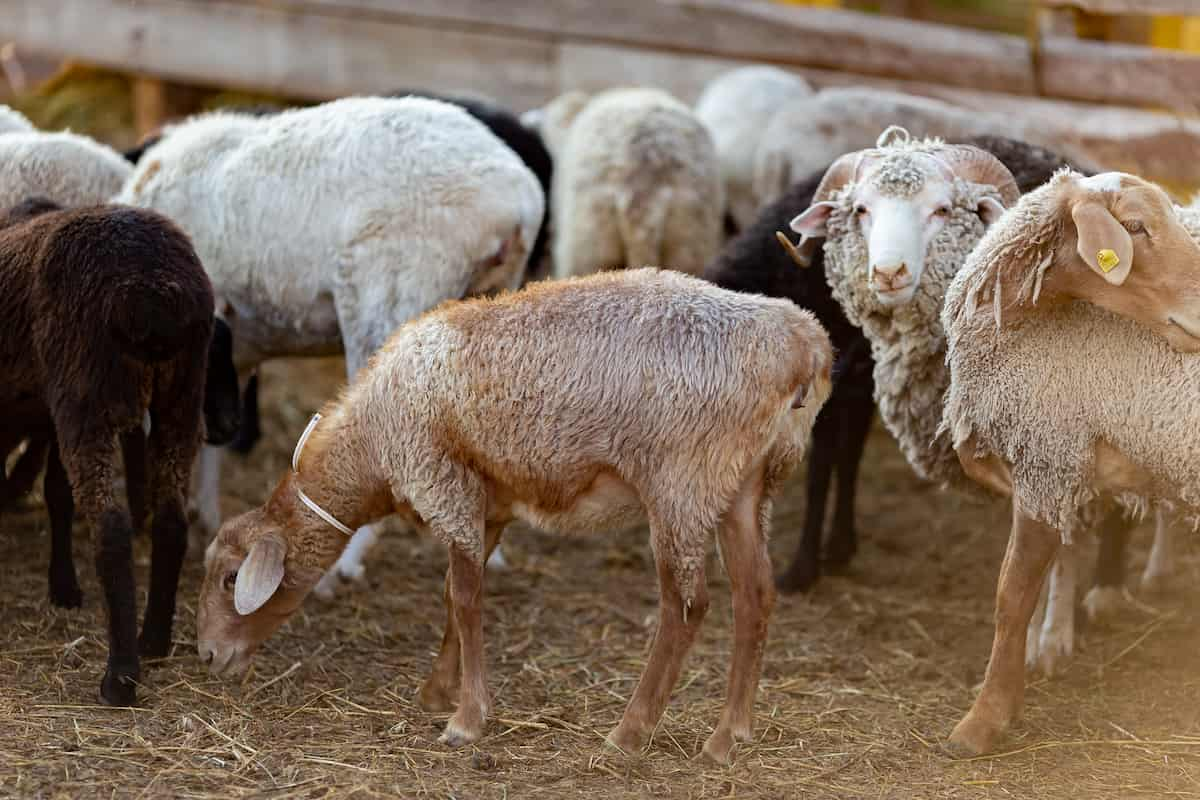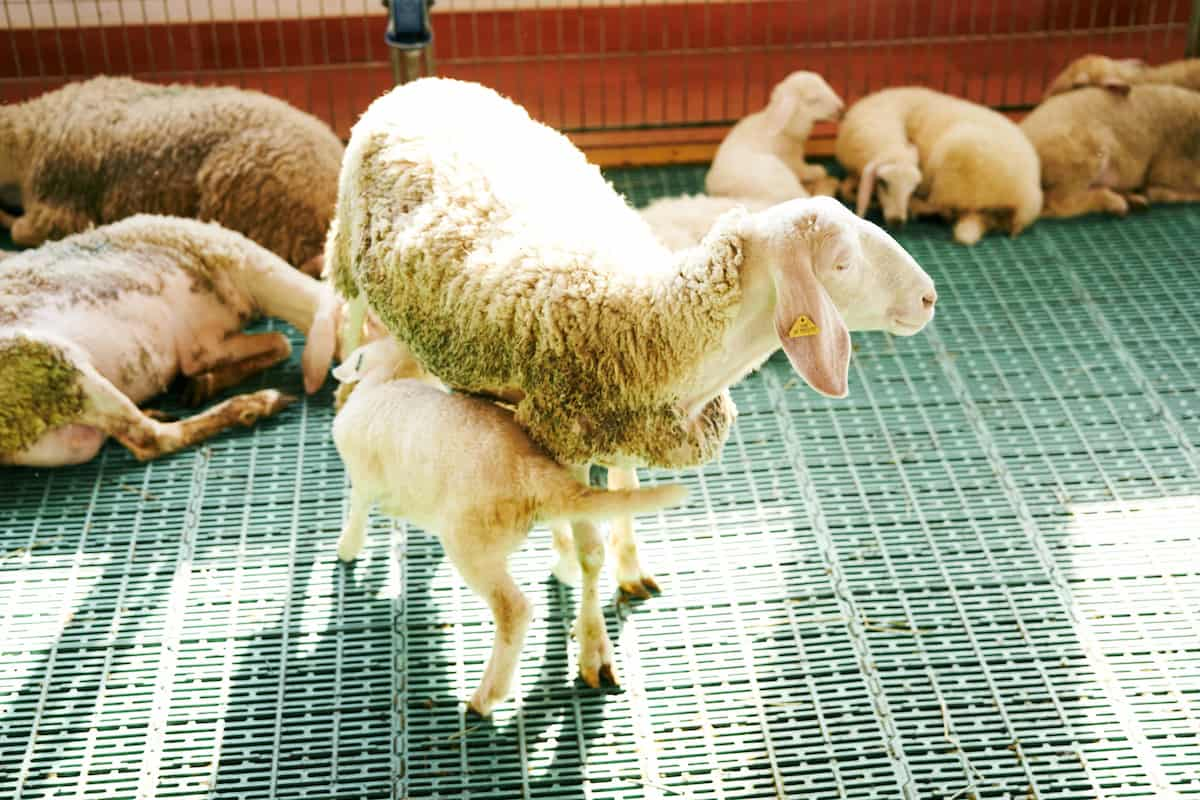Sheep farming is an important agricultural activity in South Africa, with the country having a long history of sheep farming dating back to the early 1700s. Sheep farming in South Africa primarily focuses on the production of wool, meat, and mutton, with the country being a major exporter of wool and lamb products to various countries worldwide. Below we learn about sheep farming in South Africa, profitable wool and meat sheep breeds in South Africa, benefits and challenges of sheep farming in South Africa.

How to Start Sheep Farming in South Africa
Benefits of Sheep farming in South Africa
- Economic benefits: Sheep farming is an important contributor to the South African economy, with the industry generating significant revenue through the production and export of wool and lamb products. The industry also provides employment opportunities for thousands of people across the country, from farmworkers to traders and processors.
- Drought tolerance: Sheep are well-suited to the arid and semi-arid regions of South Africa, where other forms of agriculture may not be viable. Sheep can graze on natural pastures or crop residues, making them a cost-effective option for farmers.
- Nutrient cycling: Sheep play an important role in nutrient cycling, with their grazing helping to maintain healthy ecosystems by cycling nutrients through the soil. This can help to improve soil fertility and productivity, benefiting other forms of agriculture in the area.
- Meat and wool production: Sheep farming in South Africa produces high-quality meat and wool products, which are in demand domestically and internationally. This creates opportunities for farmers to access lucrative markets and generate income.
Sheep Breeds in South Africa
- Merino: This breed is the most common in South Africa and is known for its fine wool production. Merinos are well-suited to the local climate and are adaptable to different environments.
- Dorper: The Dorper breed was developed in South Africa and is known for its meat production qualities. The breed is hardy and can adapt to different environments, making it a popular choice for commercial meat production.
- Boer: The Boer breed is also known for its meat production qualities and is popular in South Africa for its superior meat taste and texture.
- Suffolk: The Suffolk breed is a popular choice for meat production due to its excellent growth rate and meat quality.
Sheep Production Practices in South Africa
Sheep farming in South Africa is conducted in both commercial and small-scale farming operations. Commercial farms are typically larger and more mechanized, while small-scale farms are often family-owned and operated. Sheep farming in South Africa typically involves a combination of grazing and feedlot practices. Grazing is the most common form of sheep production, grazed on natural pastures or cultivated pastures. In some cases, sheep are grazed on crop residues after the harvest season.
In case you missed it: Dorper Sheep Facts: Origin, Physical Characteristics, Size, Pros, and Cons

Feedlot production involves keeping sheep in a confined area and providing them with a balanced diet. This production method is typically used for fattening lambs for slaughter and is often used with grazing practices. Sheep farmers in South Africa typically use a range of management practices to ensure the health and well-being of their animals. These practices include vaccination programs, parasite control, and proper nutrition. Farmers also use various breeding techniques to improve the quality and productivity of their flocks.
Challenges Facing the Sheep Farming Industry in South Africa
- Drought: South Africa is prone to drought, which can significantly impact the sheep farming industry. During droughts, pastures dry up, and water sources become scarce, leading to reduced feed availability and increased mortality rates.
- Predation: Predation by wild animals, such as jackals and caracals, can also be a problem for sheep farmers, especially those in more remote areas. Farmers often use electric fencing, guard dogs, and predator control programs to minimize losses.
- Market volatility: The sheep farming industry in South Africa is highly dependent on global market demand for wool and meat products. Fluctuations in demand and prices can have a significant impact on the profitability of the industry.
- Infrastructure: Lack of infrastructure, such as reliable water sources and good road networks, can also challenge sheep farmers, especially those in more remote areas.
- Disease outbreaks: Disease outbreaks can devastate the sheep farming industry, with foot-and-mouth disease and Rift Valley fever being among the most common.
Efforts to Improve the Sheep Farming Industry in South Africa
The South African government and other industry players have responded to these difficulties by launching a number of programs to boost sheep farming’s efficiency and earnings. One such initiative is the Wool Farmer Development Program, which provides training and support to emerging farmers in the wool sector. Both the number of wool producers in the nation as well as the quality of the wool they produce will hopefully improve as a result of this program.
The government has also established various research institutions and breeding programs to develop new and improved sheep breeds better suited to local conditions. These programs aim to improve the productivity and profitability of the industry by developing breeds that are more resistant to disease, have better meat and wool production qualities, and are better adapted to local environmental conditions.
In case you missed it: Benefits of Sheep Manure Fertilizer in Agriculture: Uses, How and When to Apply

Conclusion
Sheep farming is an important industry in South Africa, with the country being a major exporter of wool and lamb products. The industry faces several challenges, including drought, predation, market volatility, and infrastructure, but efforts are being made to address these challenges and improve the productivity and profitability of the industry. The South African sheep farming business is primed for growth and development in the years to come, provided that it receives ongoing support from the South African government and the many industry players.
- Feed Your Flock for Less: Top 10 Tips to Save on Chicken Feed
- Ultimate Guide to Ossabaw Island Hog: Breeding, Raising, Diet, and Care
- Hatching Answers: The Top 10 Reasons Your Chickens Aren’t Laying Eggs
- Eggs and Economics: Breaking Down the Cost of Raising Backyard Chickens
- Defend Your Greens: Proven Methods to Keep Iguanas Out of Your Garden
- Ultimate Guide to Cinnamon Queen Chicken: A Comprehensive Guide for Beginners
- Ultimate Guide to California Tan Chicken: Breeding, Raising, Diet, Egg-Production and Care
- Ultimate Guide to Marsh Daisy Chicken: Breeding, Raising, Diet, and Care
- 10 Types of Chicken Farming Businesses You Can Start for Profits